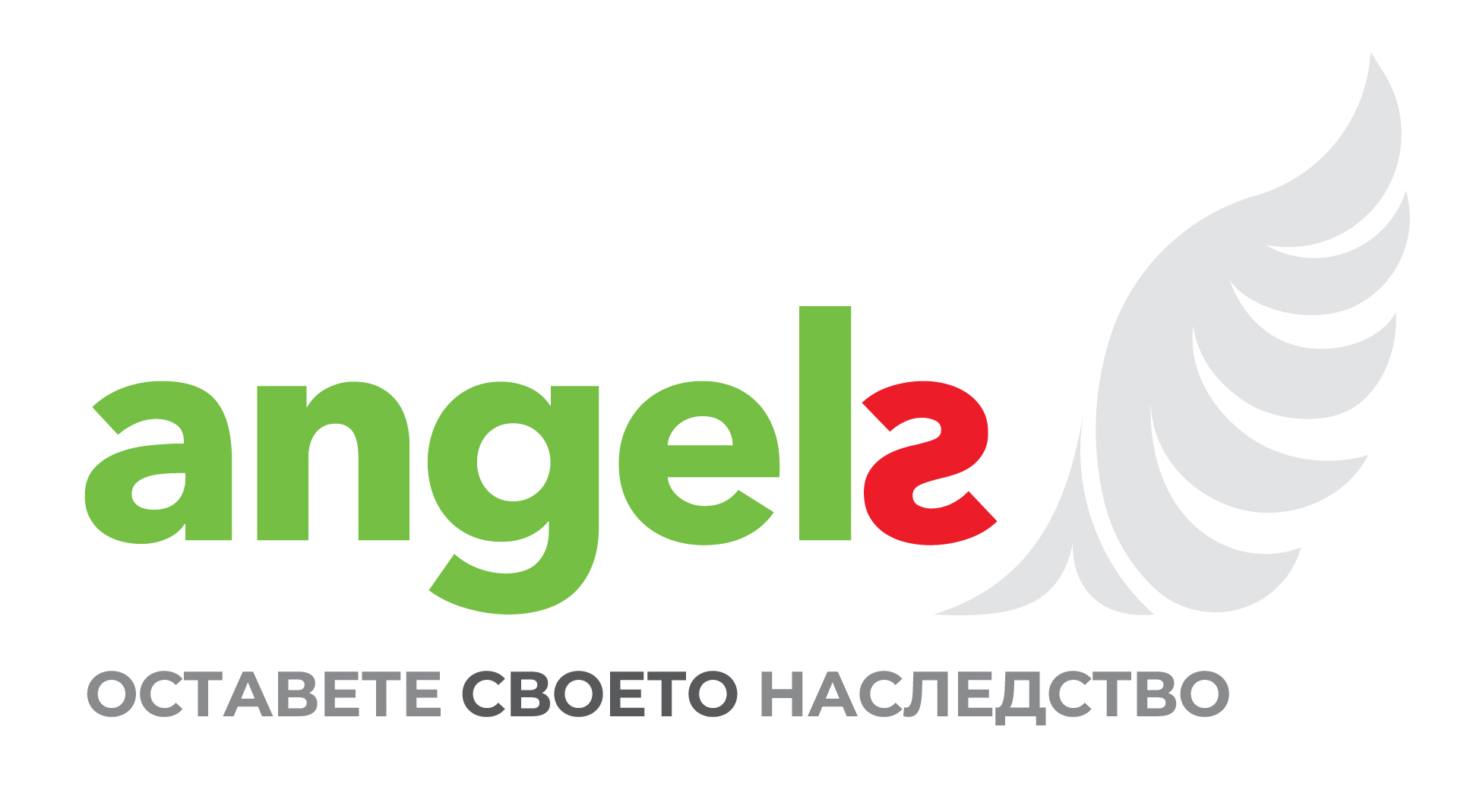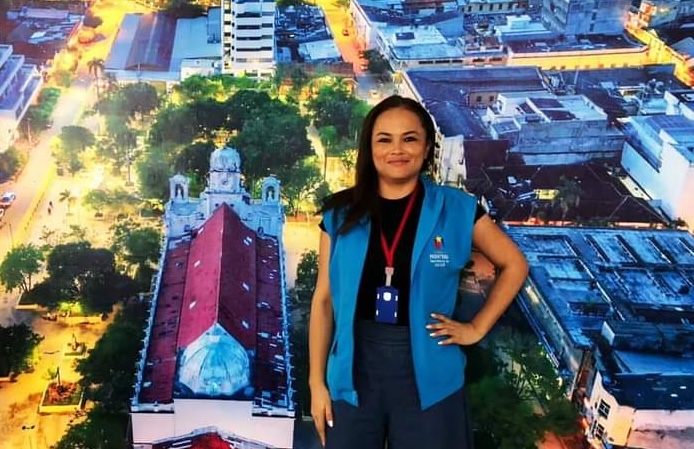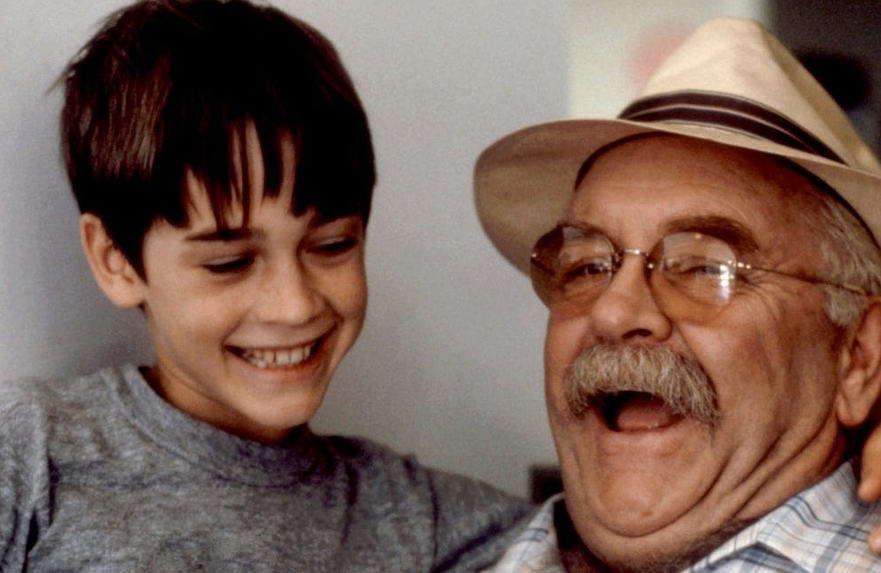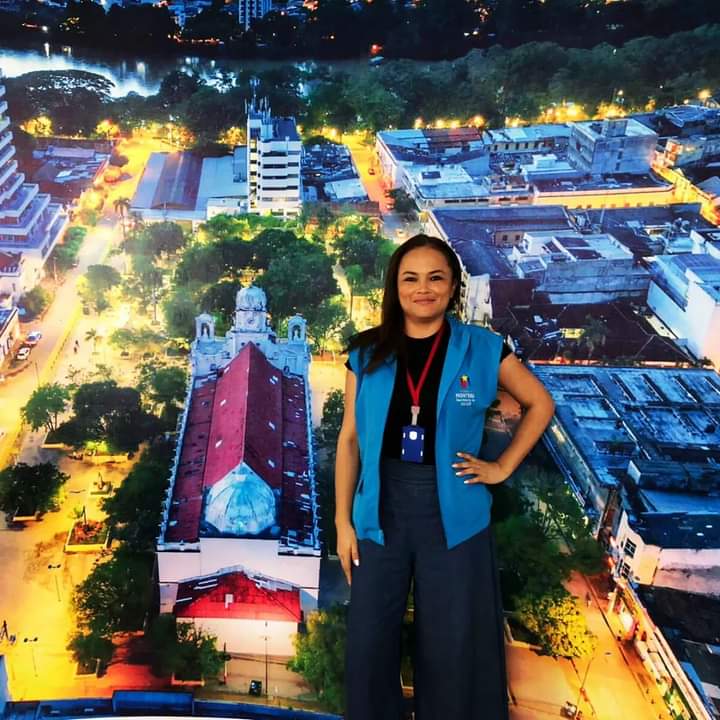
За да направите една от най-известните шапки в света, започнете с премахване на вените от високите листа на растението със стрелка бастун и изсушаването им на слънце, докато избледнеят от зелено до бяло или бежово. След това бежовите листа се накисват в черна кал за няколко дни, изсушават се и се накисват отново, докато станат еднородни черни. След това черните и белите ленти се изтъкват в плетени плитки, а плетените плитки се изтъкват, за да образуват сомбрерото.
Тази шапка, която е толкова красива, колкото и символична, е емблематичен символ на Колумбия, но централата й, така да се каже, е тук в Монтерия, община и град, разположен в Северна Колумбия, на около 50 км от Карибите на бреговете на река Сину. Монтерия е столица на отделение на Кордоба и е дом на около половин милион души – всички от които сега са по-безопасни, след създаването на първата мрежа за лечение на инсулт на Колумбийския Атлантически бряг.
Тази мрежа за лечение на инсулт не се е развила самостоятелно. Историята му е вплетена заедно, като оплетките на сомбрерото, с тази на Sistema de Emergencias Médicas (медицинска спешност или SEM), която едновременно има за цел да организира и подобри транспортната услуга на пациент в общината. От 2017 г. насам такава система е изискване за общини от първа категория, като Монтерия.
Сестрата Франси Веласкес, която е назначена от Секретариата по здравеопазване и социално осигуряване да ръководи процеса на управление и изпълнение на СЕМ, направи тъкането. В резултат на нейната работа 12 доставчици на здравни услуги, регулаторният център за спешни и спешни грижи (CRUE) на Кордоба и здравният секретариат на Монтерия работят заедно, за да осигурят по-добри грижи и резултати за пациентите с инсулт в региона.
Медицинската сестра Франси не е новак, когато става въпрос за изпълнение на големи и сложни проекти. През 2020 г. тя създава Програмата за превенция на незаразни хронични заболяване и насърчаване на здравословния начин на живот в Секретариата по здравеопазване и социално осигуряване на Монтерия. Тя е и опитен специалист по спешна медицина, който през последните 12 години е служил като инструктор в курсовете Basic Life Support, Advanced Cardiac Life Support и Paediatric Advanced Life Support. След като СЕМ бъде пуснат и работи, работата на мрежата за лечение на инсулт в рамките на СЕМ ще продължи под нейно ръководство.
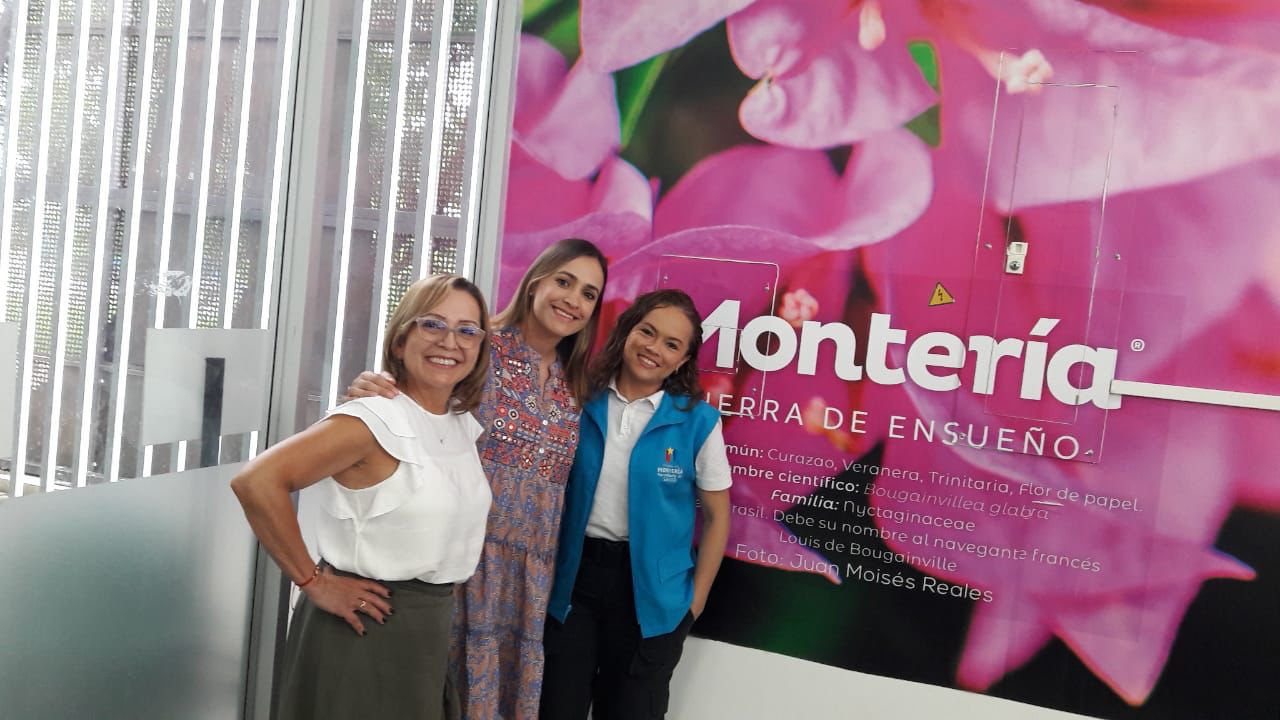
Здравният секретариат на Монтерия вече започна процеса на създаване на СЕМ, когато Инициатива Angels“ им представи концепцията за мрежа за лечение на инсулт през юли 2023 г. Като справка за Програмата за спешни случаи и бедствия на местната власт, медицинската сестра Франси веднага призна потенциала за синергия със СЕМ. Инициатива Angels“ също беше отличен стратегически съюзник за постигане на целите на СЕМ, казва медицинската сестра Франки.
Организирането и постепенното консолидиране на мрежата изискваше поредица от важни действия. Те включваха подбора и класификацията на приоритизираните доставчици на здравни услуги въз основа на техните ресурси и капацитет за решаване на проблеми, формирането на екипи за изпълнение във всеки от тях, обучението на персонала за здравни грижи и поддръжка, техническата помощ за разработването на кодекс VIDA (стандартизиран протокол за инсулт за мрежата) и започването на мониторинг на качеството.
Създаването на съюзи за бързо идентифициране и насочване на пациенти с инсулт от грижи с ниска до висока сложност, както и кампании за осведоменост и комуникация, насочени към общността за подобряване на навременния достъп до здравни услуги, също бяха част от стратегията.
Все още не всички болници, избрани за проекта, са центрове, готови за лечение на инсулт или записани в „Ангели“, но целта им е да постигнат този статус за всяка болница в мрежата за лечение на инсулт в Монтерия, казва медицинската сестра Франки. Като част от образователната програма, която подкрепя тази цел, някои курсове в Академията „Ангели“ са предназначени за задължителни за някои болници, а симулационното обучение улеснява приемането и адаптирането на стандартизирания протокол за инсулт в институции, свикнали с различни практики.
Дори екипите за поддръжка, включително административен персонал, портиери и портиери, са обучени да идентифицират симптомите на инсулт и да активират кодекс VIDA. Това задейства поредица от отговори, от бърза оценка на пациент до КТ сканирания и вземане на терапевтични решения, всичко това с акцент върху скоростта.
Докато по-рано повечето от болниците в мрежата не разполагаха с показатели за качество за оценка на техните грижи при инсулт, няколко от тях сега следят времето за лечение и ключовите приоритетни действия, казва медицинска сестра Франки. Това им позволява да знаят текущото си състояние или базово ниво за подобрение, Седемдесет процента от болниците вече подават данните си на тримесечна база и могат да очакват с нетърпение да получат обратна връзка чрез RES-Q.
Внедряването на мрежата за лечение на инсулт в община Монтерия е отговор на необходимостта от мрежи за приоритизирани грижи в рамките на СЕМ, казва медицинската сестра Франси. Това е особено спешно предвид високата честота на патологии, които са значителни рискови фактори за инсулт.
Държавните служители носят отговорност да ръководят инициативи, които подобряват околната среда и качество на живот на хората, смята медицинската сестра Франси. „Привилегията да имаме власт не е за наша собствена полза, а за това, че правим добрите неща да се случват. Това е сборът от страст (това, което ни движи лично) и цел (това, което можем да направим за другите с нашите подаръци и таланти). Тя надхвърля и мотивира другите да се движат в обща посока, да работят заедно и да постигат цели чрез вдъхновение.“
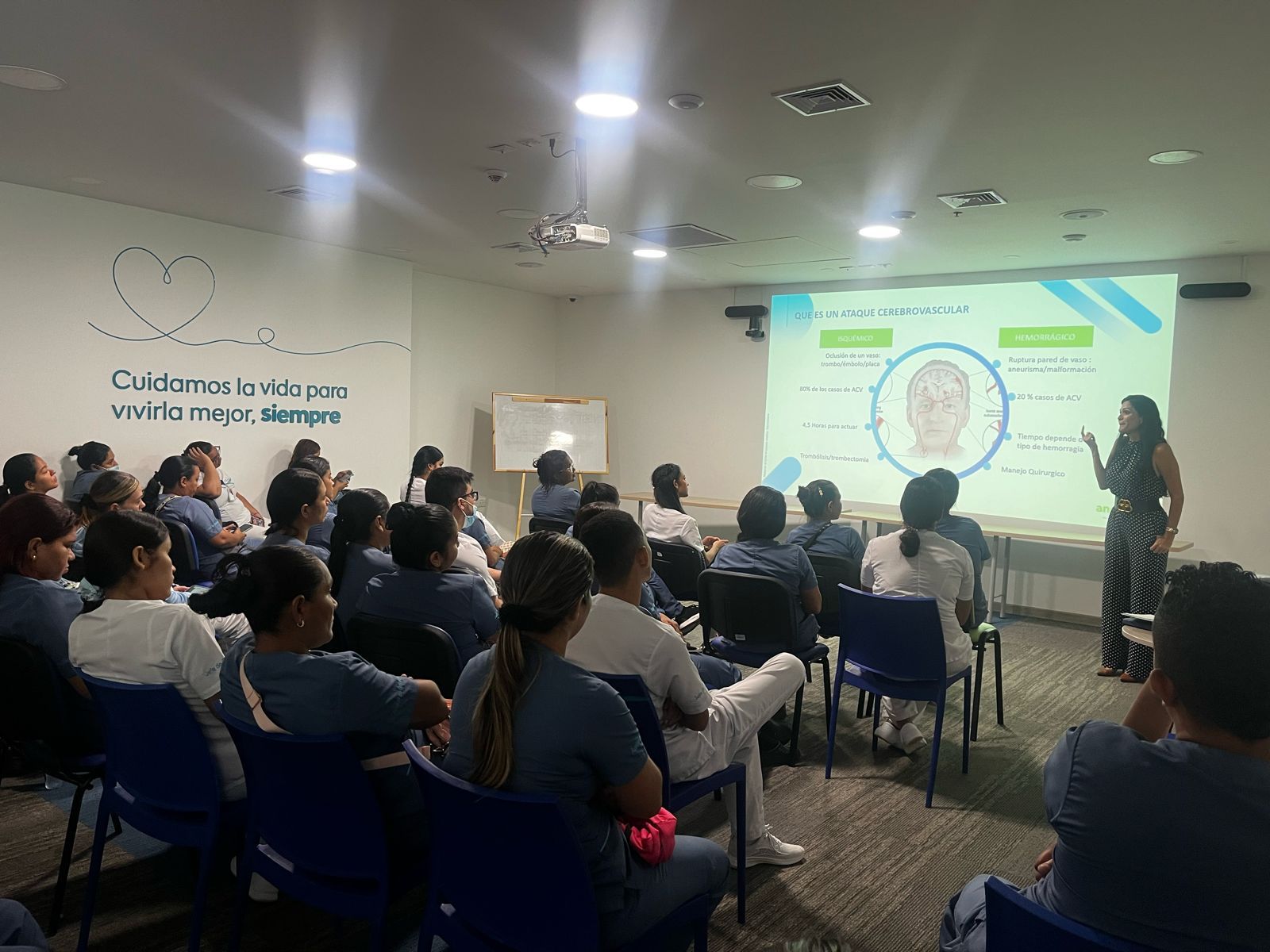
Все още ненавършили две години, сътрудничеството в рамките на мрежата за лечение на инсулт и стандартизацията на протокола Code VIDA вече са подобрили качеството на грижите за пациенти с инсулт в Монтерия, съобщава медицинска сестра Франки. Това е основен източник на гордост.
„Вярвам, че мрежата за лечение на инсулт на Монтерия е резултат от координиране на ресурсите, предлагани от „Ангели“, по отношение на техническата помощ, мониторинга и изграждането на капацитет, съчетани с ръководството на местната власт и постоянството, ангажираността и мотивацията на различните заинтересовани страни, които постепенно се присъединиха.“
Работата в координация с Инициатива Angels“, болниците и стратегическите съюзници на системата е чест, но медицинската сестра Франси определя ролята на здравните власти като съществена за успеха на проекта.
„Друга решаваща точка за успеха на мрежата беше лидерството от страст и цел. Това кара заинтересованите страни да чувстват, че принадлежат към нещо, което има значително въздействие и създава промени в живота на хората.“
Най-накрая има и силата на споделената гордост от инициатива, която е поставила Монтерия на националната карта за лечение на инсулт. Медицинската сестра Франси иска да плете заедно не само гордостта, но и признанието.
Тя казва: „Благодарение на ангажираната работа, ентусиазма и отличното отношение на всеки член на мрежата успяхме да създадем първата мрежа за лечение на инсулт, създадена на атлантическото крайбрежие, присъединявайки се към успешния опит на Богота, Кали и Пасто на национално ниво.“
